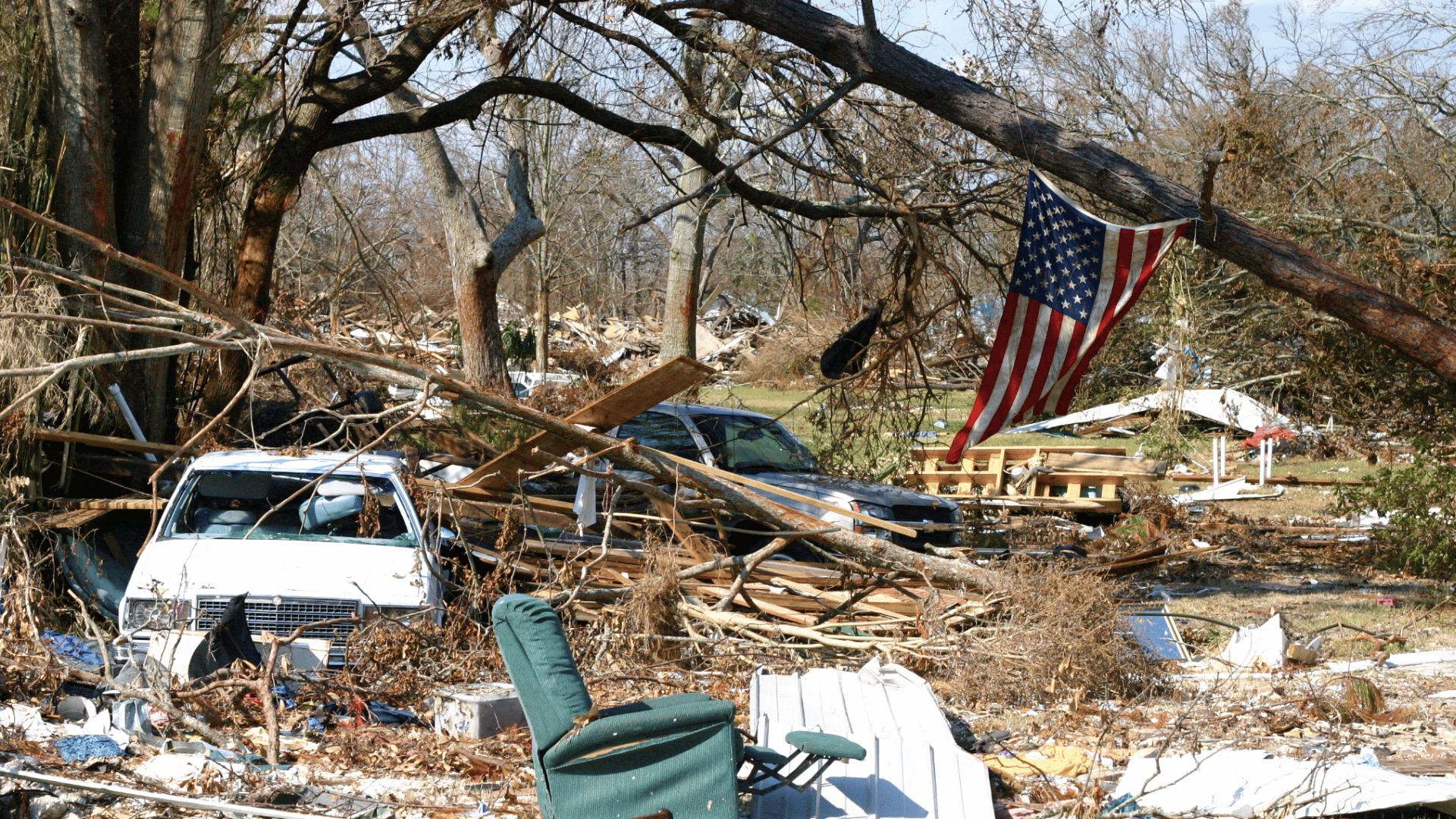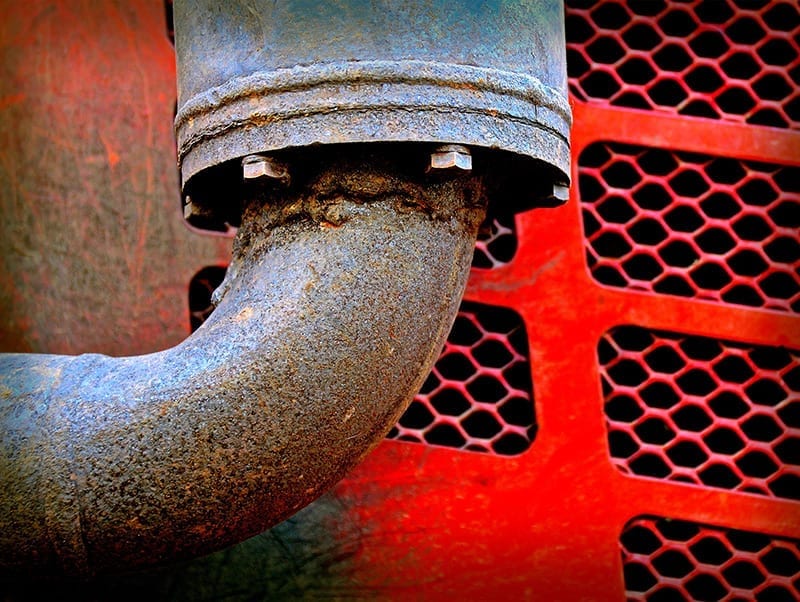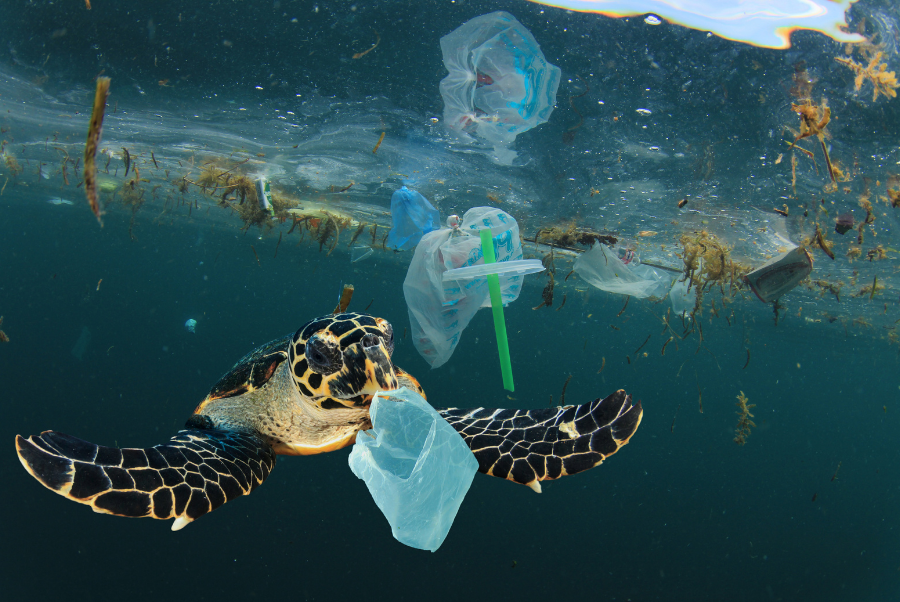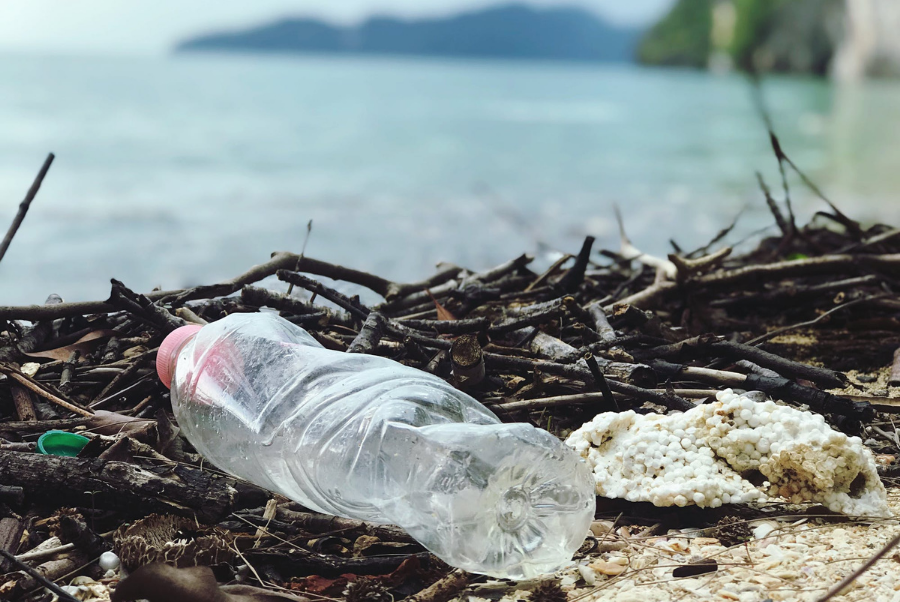ENVIRONMENTAL PROTECTION

Advocate for the Environment
The Lesniak Institute advocates for environmental protection, training the next generation of American Leaders to fight for cleaner air and protection of our public parks and land.
Help us continue to advance environmental protection as The Lesniak Institute For American Leadership advocates for legislation across New Jersey and America.
Help us continue to advance environmental protection by donating to our cause.
We're advocating to require Big Oil to pay for the climate destruction they’ve caused, so New Jersey’s taxpayers aren’t forced to cover the cost of floods, extreme heat, and environmental damage harming our communities.
 |
BackgroundThe Lesniak Institute is working with state legislators and environmental advocates to pass the Climate Superfund Act (S3545/A4696), which would hold corporate polluters financially accountable for the climate damages they have caused. This bill targets major fossil fuel companies, requiring them to pay into a dedicated fund that would cover the costs of repairing infrastructure, responding to climate disasters, and protecting vulnerable communities. Using a liability formula based on historic greenhouse gas emissions, the Act ensures that companies contributing the most to climate change bear the greatest responsibility. Rather than forcing New Jersey taxpayers to shoulder the burden of rising floodwaters, heatwaves, and storm damages, the Climate Superfund Act would make Big Oil pay their fair share. Modeled after New Jersey's successful Superfund program for toxic waste cleanups, this landmark legislation would position the state as a national leader in holding polluters accountable for the true costs of their environmental destruction. |
Why AdvocateNew Jersey is already feeling the devastating impacts of climate change, from crumbling roads and bridges to overwhelmed sewer systems and damaged power infrastructure. These costly damages are largely the result of decades of unchecked pollution from major fossil fuel companies. The Lesniak Institute has launched a petition drive to support the Climate Superfund Act (S3545/A4696), which would require these corporate polluters to pay for the billions of dollars in climate damages they have caused. Without this legislation, New Jersey taxpayers are left footing the bill while Big Oil reaps record profits. Though New Jersey has long led the nation in environmental protection, federal interference continues to threaten progress, with the Trump Administration already suing states like New York, Vermont, Hawaii, and Michigan for similar accountability measures. Despite this, New Jersey remains determined to protect its residents, especially the low-income and minority communities who bear the brunt of climate-related disasters. The Climate Superfund Act is a necessary step in ensuring that those responsible for polluting our environment finally pay their fair share. |
 |
Join The Movement
Sign our petition to hold Big Oil accountable and protect New Jersey from climate disaster.
We're advocating to require zero emission commercial trucks to replace dirty trucks from harming NJ’s air quality and our residents health.
 |
BackgroundThe Lesniak Institute is working with the Department of Environmental Protection to adopt a new rule requiring zero-emission vehicles for medium- and heavy-duty commercial trucks. This new rule would affect both manufacturers and owners of commercial fleets. Manufacturers would be required to participate in a credit/deficit program to increase the sales of the zero emission vehicles. With a new accounting system implemented, manufacturers will be required to offset emissions from conventional trucks by the sale of zero emission vehicles. Owners of commercial fleets, on the other hand would be required to start purchasing and using the new zero emission vehicles . Modeled after California’s Advanced Clean Truck Program, New Jersey would be second to take leadership in the effort to curb noxious emissions from our air, which is poisoning our children in urban communities. |
Why AdvocateThere are 6,000 mid- and heavy-duty trucks that service Port Elizabeth, Newark and Bayonne that do not comply with emissions standards and are grandfathered in under old, less strict standards. These dirty trucks are wreaking havoc on our air quality, and harming the health of our children, our seniors and all area residents. This is putting everyone in our state at risk, but it’s placing disproportionate negative health effects on communities of color and low socio-economic status. |
 |
Join The Movement
To advocate with us, submit comments to the NJ Department of Environmental Protection about why this rule should be adopted.
We are advocating to amend the NJ constitution to grant every person the right to a clean and healthy environment.
 |
BackgroundThe Green Amendment, SCR43/ACR119, would ensure every person has a natural right to a clean and healthy environment. The amendment to the NJ Constitution would hold the state accountable to avoid breaking these rights by action or inaction. To make sure the state of NJ represents our best environmental interests, the Green Amendment would provide that the State’s public natural resources are the common property of all of the people. The State would serve as a Trustee of these resources and have a duty to conserve and maintain them for the benefit of all people. |
Why AdvocateParts of NJ have the worst air quality in the nation. New Jersey is at ground zero for frequent storm surges and flooding due to climate change caused by ozone emissions. Hurricanes like Irene and Sandy will continue to cause suffering and devastation. For the future health and safety of our residents the Green Amendment needs to be implemented. The right to a healthy environment is a fundamental right, one that should be guaranteed by the New Jersey Constitution. |
 |
Join The Movement
New Jersey residents please thank Senators Bateman and Greenstein for sponsoring the Green Amendment, and encourage them to get it through committee.
We are working to solve the recycling crisis by requiring manufacturers to use post-consumer recycled content and to ban polystyrene loose fill packaging.
 |
BackgroundBill S2515/A4676 would establish post-consumer recycled content requirements for rigid plastic and glass containers, paper and plastic carryout bags, and plastic trash bags. Post-consumer recycled content simply refers to materials that can be recycled after a product has been discarded. These requirements would encourage manufacturers to use available recycled materials instead of letting them sit in landfills and pollute our state. This bill would require manufacturers to use a percentage of recycled materials in products that will be sold in New Jersey. The bill would also ban the sale of polystyrene loose fill packaging, often referred to as packing peanuts. |
Why AdvocateReduce, reuse, and recycle. These instructions are the pillars of our approach to reducing waste and protecting the environment; however, as a society we are failing to live by them. This is made clear by the recycling crisis that the country is currently facing. While plenty of people sort their garbage and recycling each week, there is no guarantee that post-consumer recycled content will actually be used in the creation of new products. This leads to degradation of our ocean ecosystems and landfills full of recyclable materials such as plastics and glass. The bill would help divert the problem by requiring certain products sold in New Jersey be made of a percentage of post-consumer recycled content. There is no reason to continue depleting raw materials to create plastics and glasses when we have the ability to repurpose those that already exist. Requiring manufacturers to use post-consumer recycled content will solve the recycling crisis by creating a demand for recycled materials and a precedent for the rest of the country to follow. |
 |
Join The Movement
You can take action on bill S2515/A4676 by contacting the Assembly Environment and Solid Waste Committee Chairman, Assemblyman James J. Kennedy, to ask them to schedule the bill for a vote.
